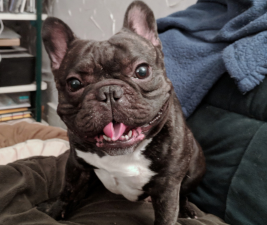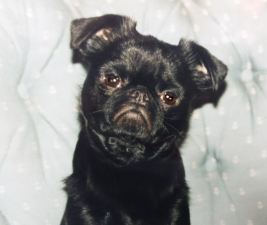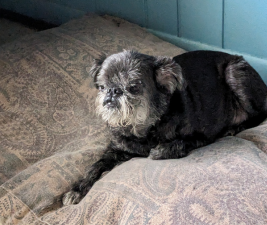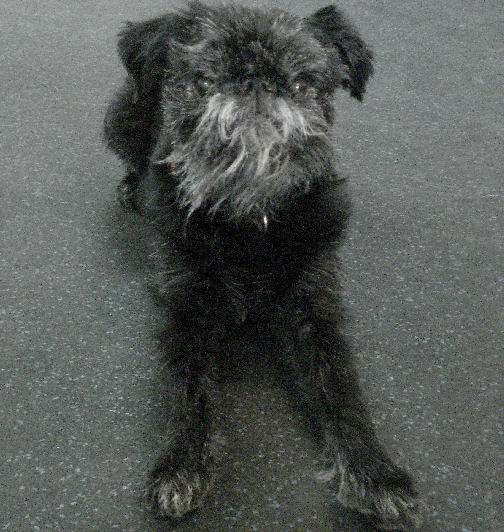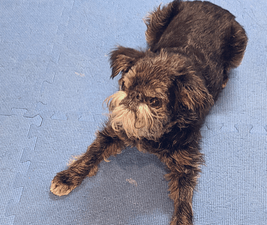Into every life, a little rain must fall. That includes dogs. No matter how much you love your dog and want to do right by them, something’s bound to happen that your dog doesn’t like. Whether that’s actually having to walk in the rain, get their nails trimmed, putting on their collar, or going to the veterinarian, there’s going to be something they don’t like.
And you know what? They can suck it up and deal with it, just like you have to.
There. We said it. Dogs aren’t in charge. They can’t have everything their own way all the time. Any more than we can. Both you and your dogs can handle it.
Going too far
As you’d suppose, we’re involved in lots of different dog groups, for trainers and for owners, in real life and online. Lately there’s been a lot of discussion where people feel horrible about having to do something their dog doesn’t like. Like dosing them with medication. Or trimming their nails. Or taking them out in the car.
Ideally, we could explain to our dogs what’s happening. We’d get them used to the procedure, and forge ahead at a pace comfortable for the dog. Frankly, we haven’t usually got the time or patience to cope with that. If the dog has to go to the vet, they’re getting in the car. Period. If the dog won’t take the medicine voluntarily, it’s still getting swallowed. Would we like to give it as a cheese-covered treat? Yes. But after spitting out the pill a couple of times, we’re done. We don’t want to shove it down their throat, but we will.
Drawing a line
Cooperative care and positive-reinforcement training are protocols we believe in and practice. If we’re asking our dogs to do something we want, rather than something they need, we take our time and demonstrate all the patience in the world. We recognize that our dogs do tricks and play dog sports because we want them to. They couldn’t care less about ribbons, placements, and qualifying. The dogs just want to have fun.
That part of their lives is completely voluntary on their part. If they don’t want to play “Put Your Toys Away” today, that’s fine. We’ll do it another time. And when we teach them something new, all the training steps come with lots of rewards. There’s never any corrections or punishment for optional activities.
LIMA for the rest
The stuff that is necessary, like grooming, we can’t give our dogs the choice of opting out. Just like people, there are some things in life that may not be fun or pleasant, but still have to get done. For these, the protocol we follow is LIMA: Least Intrusive, Minimally Aversive.
That doesn’t mean delivering corrections or punishment for non-compliance. That’s never an option. When our dogs hammer at our last nerve, we walk away. Or they all get their special crate treats and get sent to their rooms.
When we do have to accomplish something the dog doesn’t like, we plan what to do for maximum efficiency and comfort. Most of our dogs are fine with being held while we do their nails. One of us holds, the other trims. Torque, Hope’s French Bulldog, was unhappy and stressed with that arrangement. Instead, he goes up on a grooming table and gets a peanut-butter-slathered lick mat during the procedure. We found a way to make a hated procedure more tolerable. He still doesn’t love it. But he’ll do it.
Be creative
When you’re faced with a similar situation, something that has to get done that your dog dislikes, think of ways to make it easier for both of you. Think of ways you can make life easier on yourself and your dog. Ask other people how they’ve dealt with similar situations. We can absolutely guarantee that somebody else has been there, done that.
Enjoyed this post? Click here to sign up for the weekly newsletter and never miss another!









